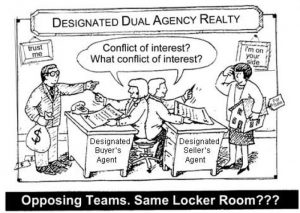The mortgage fraud law called RESPA (Real Estate Settlement and Procedures Act) has only a 1 year statute of limitations. That means that someone intent on violating this law has very little risk of being held accountable. Lawyers representing consumers in mortgage foreclosure or mortgage fraud situations are reporting that by the time consumers realize that they need help, that far longer than 1 year has elapsed and that there is often no recourse. The Consumer Finance and Protection Bureau (CFPB) enforces RESPA and their hands are tied on most consumer fraud cases involving RESPA because of this limitation. If we are going to have this mortgage disclosure and anti-kickback law, then it needs to exist so as to make enforcement practical. As it stands now, the law provides bad actors related to mortgage finance an opportunity to break the law with impunity or at least very little deterence.
If you want to help stop mortgage fraud, improve mortgage disclosure enforcement actions and stop illegal kickbacks in the residential real estate process, then please sign our petition to increase the statute of limitations to 6 years.
Click here to see an example of how a one year statute of limitations limits liability and deterence.
Our petition is supported by two national trade associations which are regulated by RESPA. National Association of Independent Land Title Agents (click here for our post), the National Association of Independent Housing Professionals (NAIHP) and the National Association of Exclusive Buyer Agents (NAEBA).




